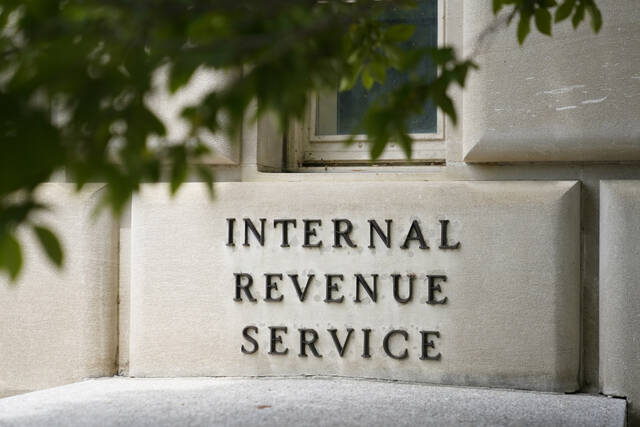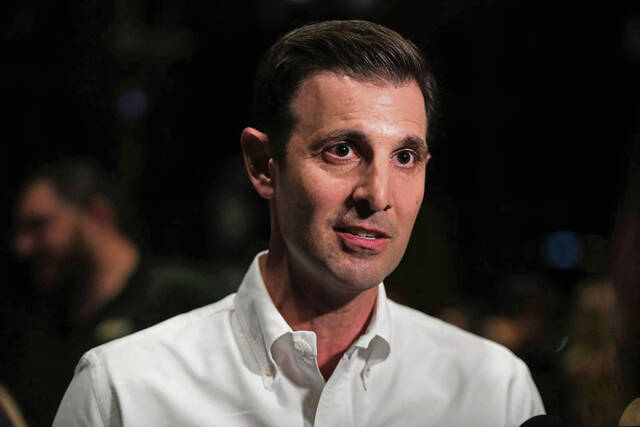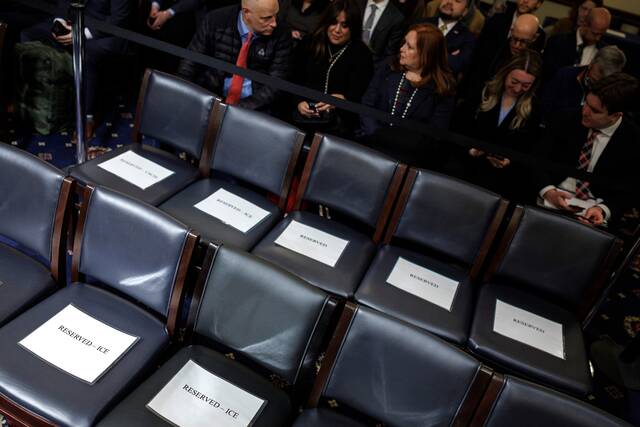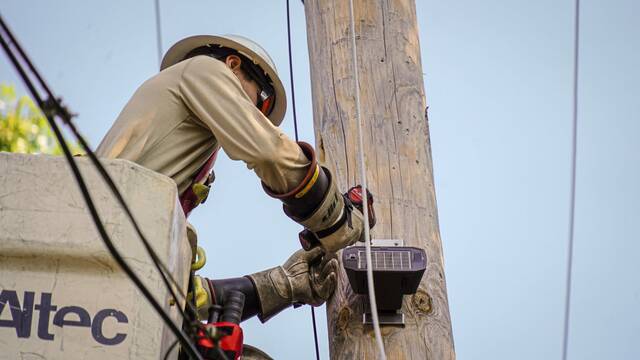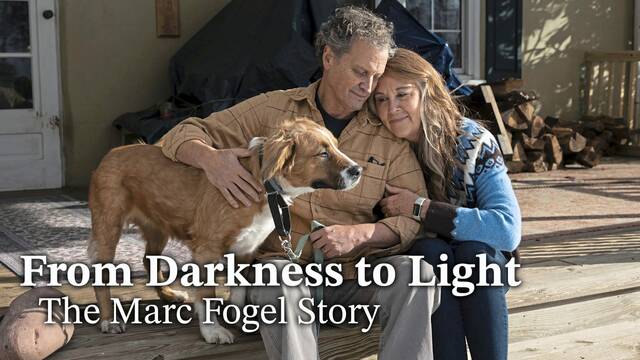The Rev. Bob Ross’ weekly messages to parishioners at Heritage Baptist Church in Jeannette never tackle politics.
It’s the way Ross views his role as a local faith leader.
“I”m not political, so I’m not going to talk about politics from the pulpit,” Ross said. “My job is not to endorse a political party or a candidate.”
His stance isn’t one born strictly from neutrality, but is one that until last week followed a federal law that has been in place for more than 75 years. It prohibited nonprofits and churches from actively campaigning for candidates during election season.
That restriction is now expected to end. The Internal Revenue Service acknowledged in court last week it will no longer enforce a portion of the rule that puts religious organizations and clergy who participate in political activity at risk of losing tax exemptions.
“I know this will now loosen up some, and others will see it as a detriment,” Ross said. “I‘m not trying to alienate anybody, and I’ve had to be careful I don’t issue any political statements. I may be an outlier, so this doesn’t really change anything for me. I’d rather be a pastor than a political advocate.”
The new edict from the IRS comes as part of a court settlement to end a lawsuit brought by two Texas churches that challenged a law approved by Congress in 1954, known as the Johnson Amendment. It essentially banned charitable organizations and houses of worship from participating in politics and candidate endorsements.
As part of the lawsuit’s settlement, the IRS in a court filing last week said it will carve out an exception from that law with regard to religious organizations, claiming it was rarely if ever enforced.
For the Diocese of Greensburg, the change will have no immediate impact. Spokesman Cliff Gorski said the diocese operates under a neutrality doctrine, and church clergy are directed to refrain from political speech at the pulpit.
“We are aware of the Johnson Amendment reinterpretation and, until it can be reviewed and discussed by the U.S. Catholic Conference, parishes in the Diocese of Greensburg will continue their current practices,” Gorski said.
Pittsburgh Diocese officials did not respond to a request for comment.
A 2022 Pew Research Center study found most Americans, 77%, believed churches and other religious congregations should not make political endorsements.
Still, it’s an issue that has gained traction. The IRS policy shift has been a specific focus of conservatives and supported by President Donald Trump.
Philip Hackney, a law professor at the University of Pittsburgh, said the impact of the IRS’ reinterpretation could have a substantial impact on future politics.
“This has the potential to corrupt the mission of churches and is a danger to our democracy,” Hackney said.
Hackney said the fallout from the IRS revision could lead not just to more direct lobbying from pastors, but large sums of cash flowing to religious organizations, houses of worship and clergy as de facto political donations. It’s money that previously would have gone directly to political groups and campaigns and tracked as part of public disclosures.
It could lead to direct campaigning from religious leaders, advertisements in church bulletins, broadcast endorsements and other forms of political lobbying that has few if any guardrails, Hackney said.
“There’s now a new boundary to move. We will see some more aggressive actions than we’ve seen before, such as religious leaders broadcasting and using the internet to push these endorsements out,” Hackney said.
Nonprofits and other charities could still face a potential loss of tax-exempt status for political activity, the IRS said.
“I don’t think these carve-outs work,” said Bruce Ledewitz, professor emeritus at the Duquesne University Kline School of Law.
“If it’s just limited to churches, it won’t have much of an impact because it’s just been wink-and-a-nod all along,” Ledewitz said. “But can they really just carve out churches for exercising free speech? I don’t see how nonchurch charities are not going to get the same benefit, and that would be a major shift.”


